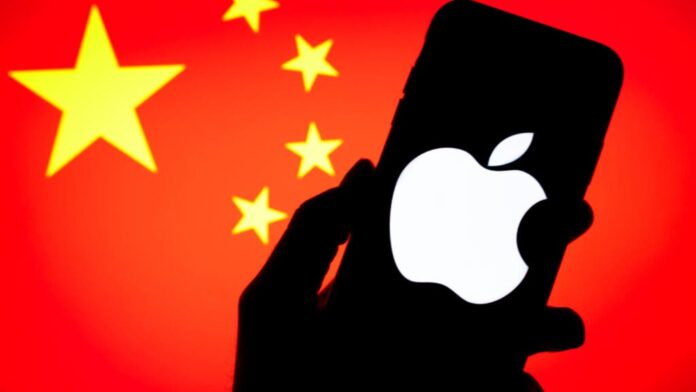In a surprising move, President Donald Trump has exempted a range of technology products, including some consumer electronics produced in China, from reciprocal tariffs.
What Happened: On late Friday, the Trump administration published a list of exclusions through the U.S. Customs and Border Protection, effectively reducing the scope of the levies.
The exclusions apply to smartphones, laptop computers, hard drives, and computer processors and memory chips, shielding them from Trump’s 125% China tariff and his baseline 10% global tariff on nearly all other countries.
This decision brings significant relief to global tech giants like Apple Inc. AAPL and Nvidia Corp. NVDA, albeit potentially for a limited period, reports Bloomberg.
However, this tariff relief may be temporary. The exclusions are part of the initial order, which aimed to prevent extra tariffs on certain sectors from cumulatively stacking on top of the country-wide rates. This suggests that these products could soon be subject to a different tariff, likely a lower one for China.
Also Read: Tariffs To Impact End Demand: Goldman Sachs Analyst Expects Drag On Corporate Spending, Hiring
Notably, machines used to make semiconductors are also exempt from the new tariffs. This is significant news for companies like Taiwan Semiconductor Manufacturing Co. TSM, which recently announced a major new investment in the US, as well as other chipmakers.
Despite this reprieve, the Trump administration’s 20% duty on China, imposed to pressure Beijing to crack down on fentanyl, including the shipment of precursor materials, remains in place.
Other previously existing levies, including those that predate Trump’s current term, also appear unaffected.
Why It Matters: This tariff exemption is a significant development for the global tech industry, particularly for companies like Apple and Nvidia.
The decision may provide temporary relief from the financial strain caused by the tariffs, potentially boosting their profit margins.
However, the temporary nature of the reprieve suggests that the industry may need to brace for potential changes in the tariff landscape in the future.
Read Next
Trump’s 10% Tariff On Most Imports Is Finally Here, Taking Effect Saturday
Shutterstock: nikkimeel
Market News and Data brought to you by Benzinga APIs
© 2025 Benzinga.com. Benzinga does not provide investment advice. All rights reserved.




